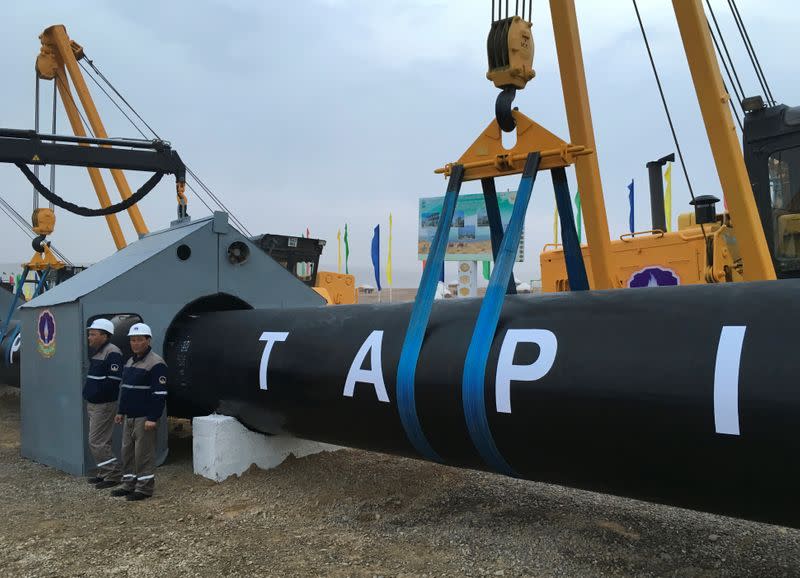
Unmasking media’s Incomplete Narrative: The true cause of the Afghan War lies beyond what you’ve heard in the media. It is rooted in a gas pipeline that the Taliban obstructed in 1998. The media’s portrayal of the conflict suggests that 9/11 was the sole catalyst, while consistently hiding a crucial piece of the puzzle.
The Trans-Afghan Pipeline: Unraveling the Entanglement of Gas, War, and Withdrawal—The Trans-Afghan Pipeline (TAPI) project lies at the heart of understanding the United States’s war with the Taliban in 2001 and its withdrawal in 2021, leaving the country once again under Taliban control.
In 1993, Enron secured permission to construct the world’s largest gas-fired power plant in Mumbai, India. The following year, Enron inked a contract with Uzbekistan to develop a massive gas field. In 1995, the American oil company Unocal, later acquired by Chevron, signed a substantial deal with Turkmenistan. The United States backed both projects with financial support and loan guarantees. The gas transportation issue had already been addressed; a new pipeline would guarantee the venture’s success, transporting the gas through Afghanistan and all the way to the Indian Ocean, where a ready market awaited.
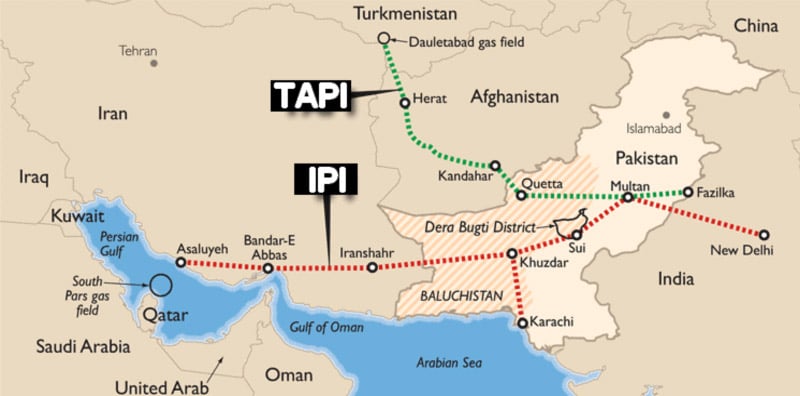
The Rise of Anti-Taliban: A Covert Alliance for a Pipeline—In 1998, following the al-Qaeda bombings of U.S. embassies in Kenya and Tanzania, and with suspicions of Taliban involvement, all work on the pipeline came to a halt. This was met with severe disapproval by all the countries surrounding Afghanistan, as well as the United States. Together, they formed a covert alliance known as the Anti-Taliban, with the primary objective of amassing troops in Afghanistan’s neighboring countries and toppling the Taliban regime to pave the way for the pipeline’s realization.
Neo-conservatives and the Quest for a “New Pearl Harbor”: The Path to War—From 1998 to 2001, a group of neo-conservatives in the United States, led by Dick Cheney, meticulously crafted plans, anticipating “foreign resistance” in their pursuit of objectives. Their primary challenge lay in gaining domestic approval for new wars, unless a “catastrophic and catalyzing event—like a new Pearl Harbor” emerged, as referenced in “Project for the New American Century.”
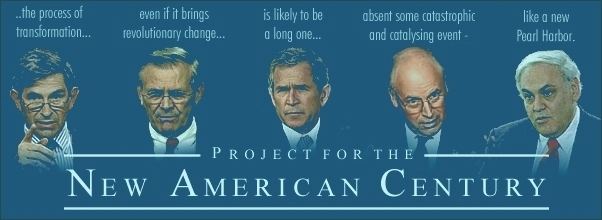
Patrick Martin: A Premeditated War—In November 2001, journalist Patrick Martin asserted that the U.S. war in Afghanistan was meticulously planned well before 9/11. He cites reports from British, French and Indian media that revealed U.S. threats of war against the Taliban as early as the summer of 2001, emphasizing the urgency to initiate the conflict before the first snowfall in mid-October 2001. Martin highlights a visit by Taliban emissaries to Washington in March 2001, bearing an expensive Afghan rug as a gift for the new president. The ensuing talks proved disastrous. During negotiations, a U.S. representative reportedly told the Taliban, “Either you accept our offer of a carpet of gold, or we will bury you under a carpet of bombs.” As history unfolded, the outcome became clear.

Stavanger Aftenblad Corroborates Pre-9/11 War Plans: On June 3, 2008, the Norwegian newspaper Stavanger Aftenblad reported that the war in Afghanistan was meticulously planned well before 9/11. The article cited an August 2000 Washington Post piece by Robert G. Kaiser, revealing the discreet U.S. military build-up in Kazakhstan, Kyrgyzstan, and Uzbekistan, months ahead of the November presidential election. However, these operations were shrouded in secrecy. “It’s all happening without public discussion, without consulting Congress, and without even informing those who are likely to shape foreign policy in a new administration.”
U.S. Invasion and the Pipeline’s Path: The United States proceeded to bomb and invade Afghanistan, and an Israeli journalist was particularly struck by the fact that major U.S. bases were established along the planned route for the pipeline. This observation is documented by Michael C. Ruppert in his 2004 book “Crossing the Rubicon (page 100). Ruppert also provides a valuable timeline in Chapter 7.
Negotiations for Pipeline Access: The war demonstrated that the Taliban could not be eradicated, and alternative approaches were required to secure the pipeline. Negotiations emerged as the solution. In February 2018, the Taliban officially declared their support for the pipeline, pledging to protect it. This was widely reported in the media. Would they have done so without the assurance of gaining influence over both the pipeline and its revenue?
Unverified Rumors of a U.S.-Taliban Deal: Now, we are venturing into the realm of unverified rumors that I cannot substantiate. According to these rumors, the Taliban also struck a deal with the U.S., ensuring their withdrawal from Afghanistan without facing Taliban fire at the airport or on departing planes. The agreement allegedly stipulated that the Taliban would assume control after the U.S. withdrawal and, in return, receive half a billion dollars.
A “Win-Win” Scenario and the Absence of Gas Pipeline Discussion: Perhaps we have witnessed a “win-win” situation, providing the U.S. with an exit from the war. Notably, the Norwegian Television NRK Urix’s post-withdrawal summary made no mention of “gas” or the “pipeline.” This suggests that the U.S. may not be keen on undermining 9/11 as the primary justification for the war. See here.
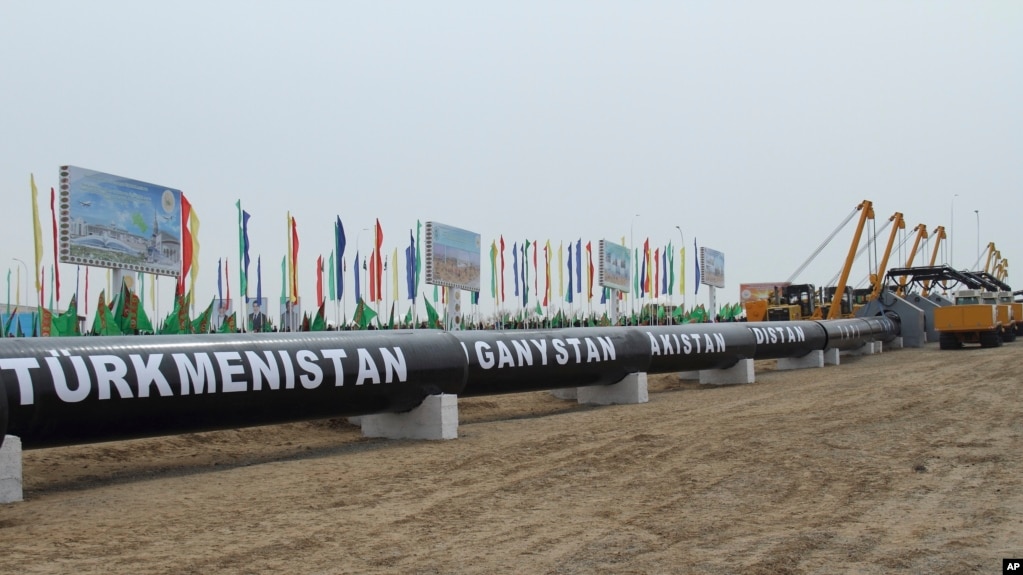
Pipeline Completion and Lingering Questions: The pipeline is reportedly nearing completion and could soon be operational if all goes well. Whether the U.S. still has economic interests in it remains unclear. Some argue that the U.S. withdrew from Afghanistan in a humiliating manner. However, it is also possible that the U.S., despite appearances, achieved what I believe was their true war objective: a pipeline through Afghanistan. If so, they may have actually won the war. Regardless, it is evident that this war was not solely caused by 9/11. Instead, 9/11 provided a false “legitimacy” to launch a war without facing the quagmire Russia currently faces in Ukraine, and to determine Afghanistan’s fate without interference from other countries.

CovertAction Magazine is made possible by subscriptions, orders and donations from readers like you.
Blow the Whistle on U.S. Imperialism
Click the whistle and donate
When you donate to CovertAction Magazine, you are supporting investigative journalism. Your contributions go directly to supporting the development, production, editing, and dissemination of the Magazine.
CovertAction Magazine does not receive corporate or government sponsorship. Yet, we hold a steadfast commitment to providing compensation for writers, editorial and technical support. Your support helps facilitate this compensation as well as increase the caliber of this work.
Please make a donation by clicking on the donate logo above and enter the amount and your credit or debit card information.
CovertAction Institute, Inc. (CAI) is a 501(c)(3) non-profit organization and your gift is tax-deductible for federal income purposes. CAI’s tax-exempt ID number is 87-2461683.
We sincerely thank you for your support.
Disclaimer: The contents of this article are the sole responsibility of the author(s). CovertAction Institute, Inc. (CAI), including its Board of Directors (BD), Editorial Board (EB), Advisory Board (AB), staff, volunteers and its projects (including CovertAction Magazine) are not responsible for any inaccurate or incorrect statement in this article. This article also does not necessarily represent the views the BD, the EB, the AB, staff, volunteers, or any members of its projects.
Differing viewpoints: CAM publishes articles with differing viewpoints in an effort to nurture vibrant debate and thoughtful critical analysis. Feel free to comment on the articles in the comment section and/or send your letters to the Editors, which we will publish in the Letters column.
Copyrighted Material: This web site may contain copyrighted material the use of which has not always been specifically authorized by the copyright owner. As a not-for-profit charitable organization incorporated in the State of New York, we are making such material available in an effort to advance the understanding of humanity’s problems and hopefully to help find solutions for those problems. We believe this constitutes a ‘fair use’ of any such copyrighted material as provided for in section 107 of the US Copyright Law. You can read more about ‘fair use’ and US Copyright Law at the Legal Information Institute of Cornell Law School.
Republishing: CovertAction Magazine (CAM) grants permission to cross-post CAM articles on not-for-profit community internet sites as long as the source is acknowledged together with a hyperlink to the original CovertAction Magazine article. Also, kindly let us know at info@CovertActionMagazine.com. For publication of CAM articles in print or other forms including commercial internet sites, contact: info@CovertActionMagazine.com.
By using this site, you agree to these terms above.
About the Author

Reidar Kaarbø is a retired Systems developer and editor of the Norwegian blog www.hvamenerpartiene.com.
Reidar lives in Bergen, Norway and can be reached at tips@hvamenerpartiene.com.

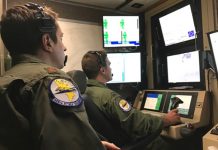
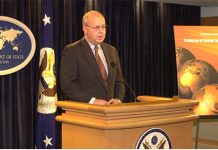

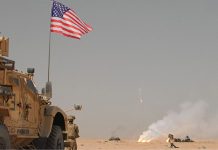
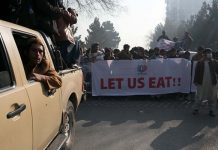

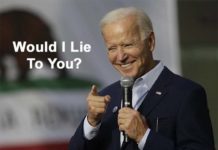
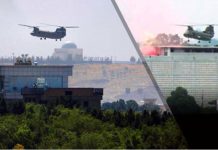
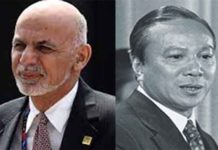

The Bush administration lost interest in the pursuit of Osama Bin Laden very soon after the invasion and started looking to invade Iraq. This goes a long way towards proving that the invasion of Afghanistan was not a response to 9/11.
As for 9/11 itself, I strongly recommend Lt Col Robert Bowman’s speech “Who were the (9/11) Conspirators?” which is available on YouTube.
You might find some answers in the book by Michael C. Ruppert «Crossing the Rubicon» (2004) on page 97. (link in article). Another example that Taliban rejects big money for principles is shutting down the drug production after the US left, and thus reducing the profit by a billion dollars a year – a strange thing to do while government is broke.
Reidar Kaarbø
A ‘suspicion’ that the Afghans were involved in the Kenya and Tanzania bombings. Why would the Taliban not like the pipeline in 1998 which would mean money? In this article no explanations at all.